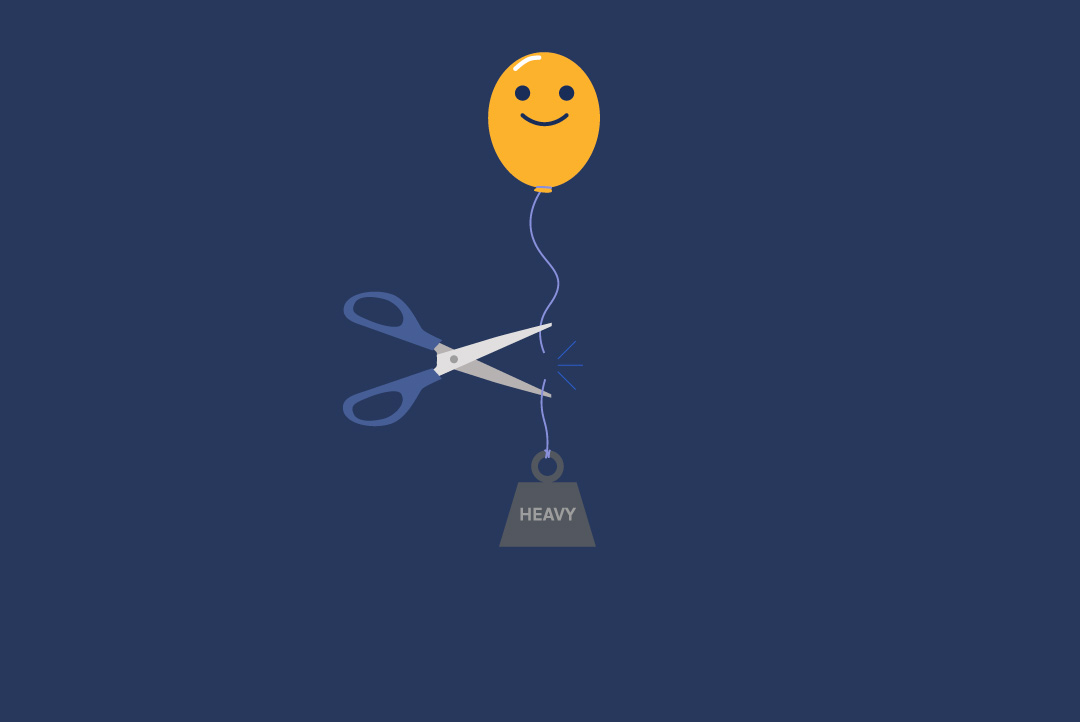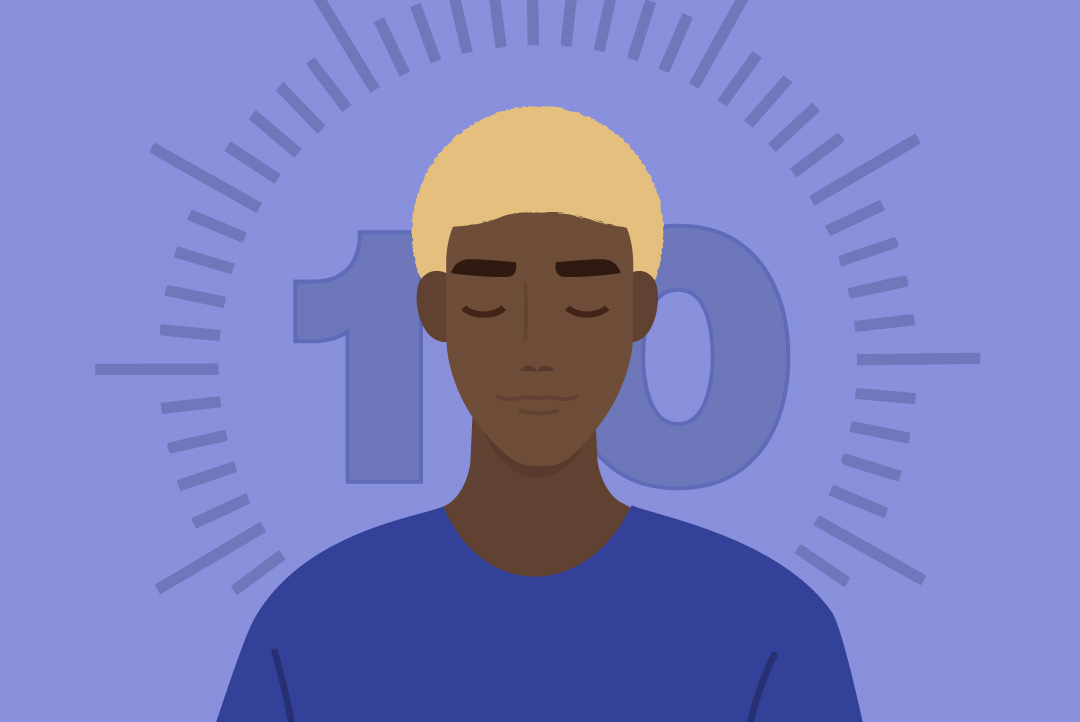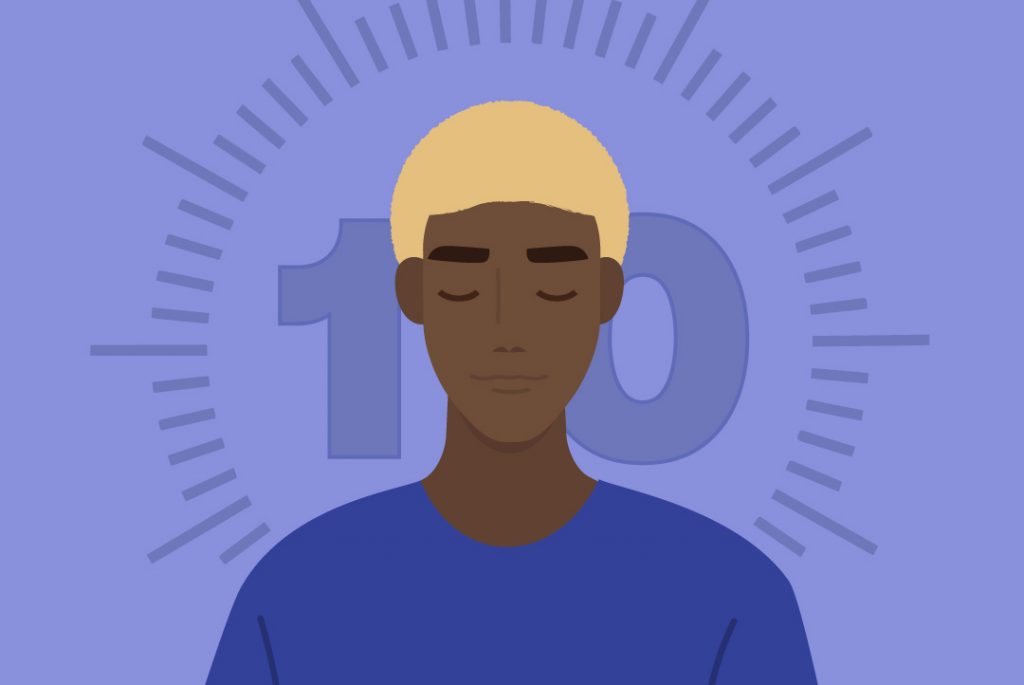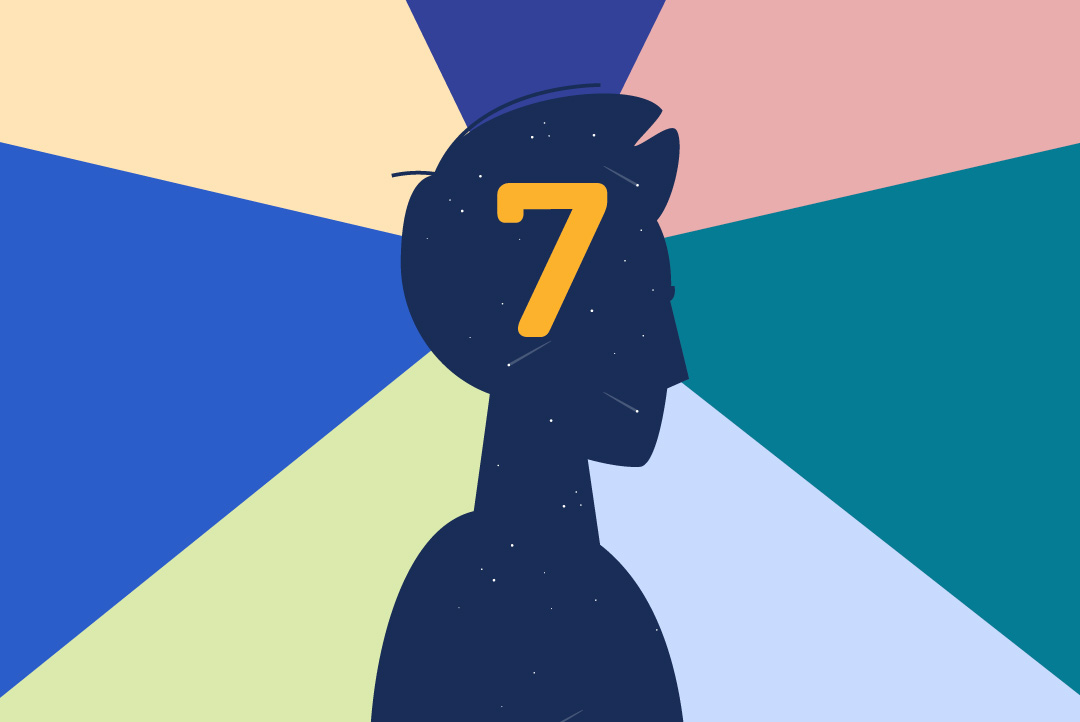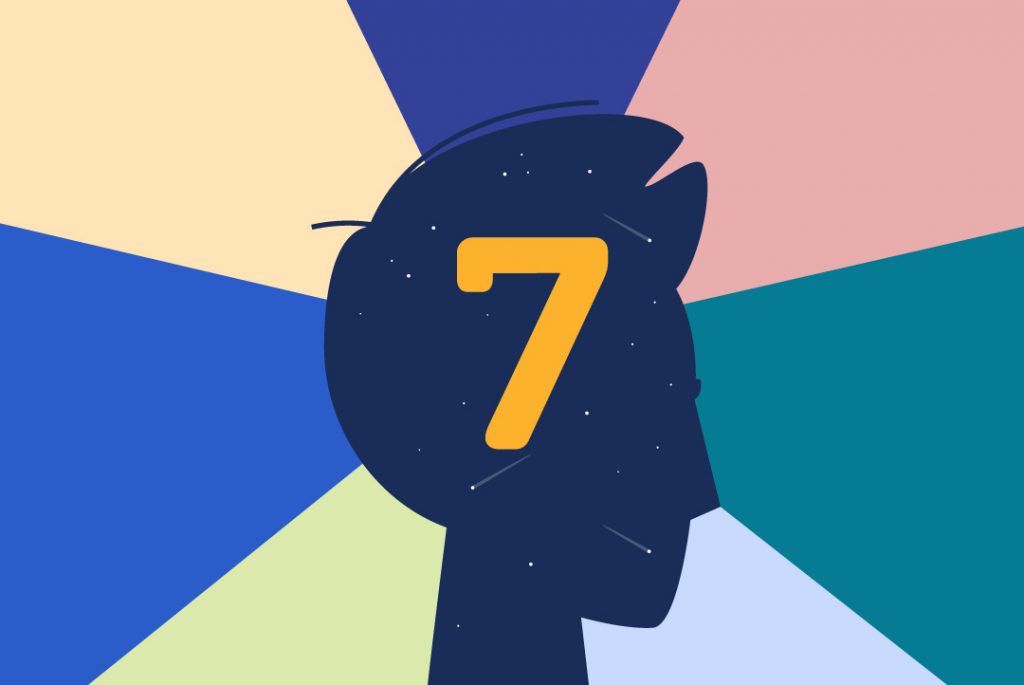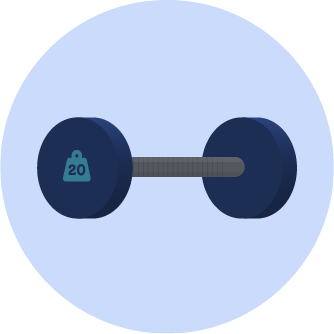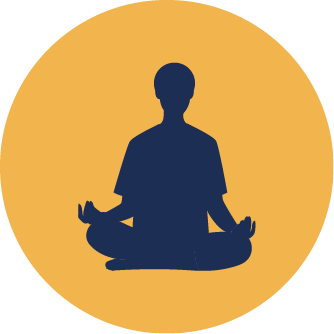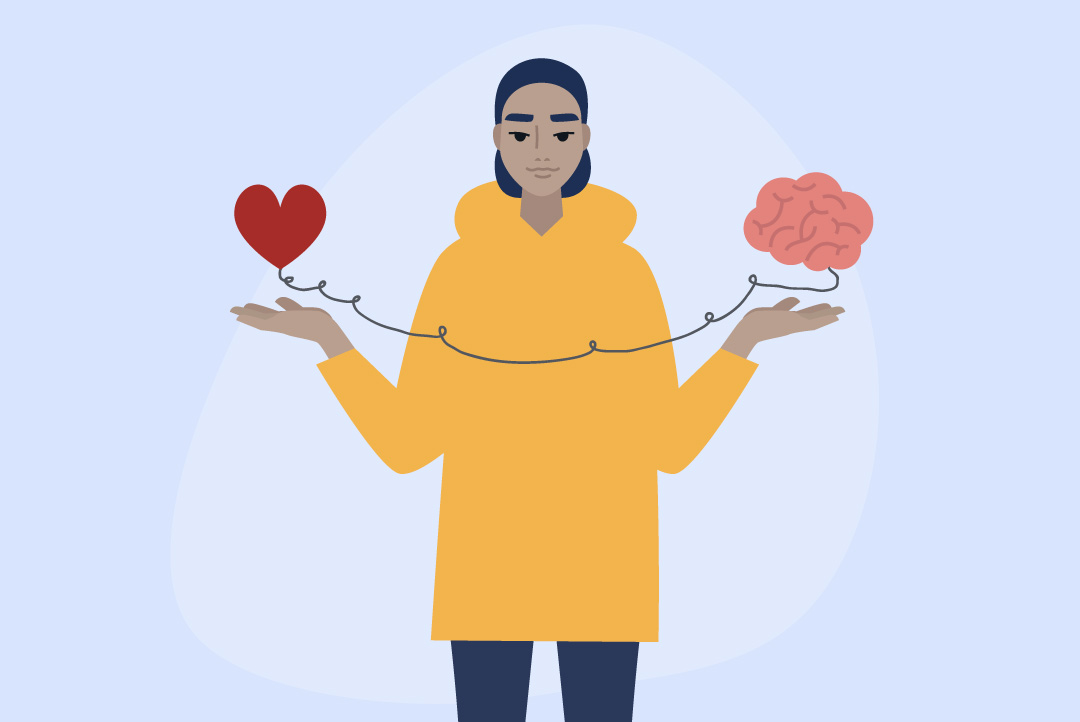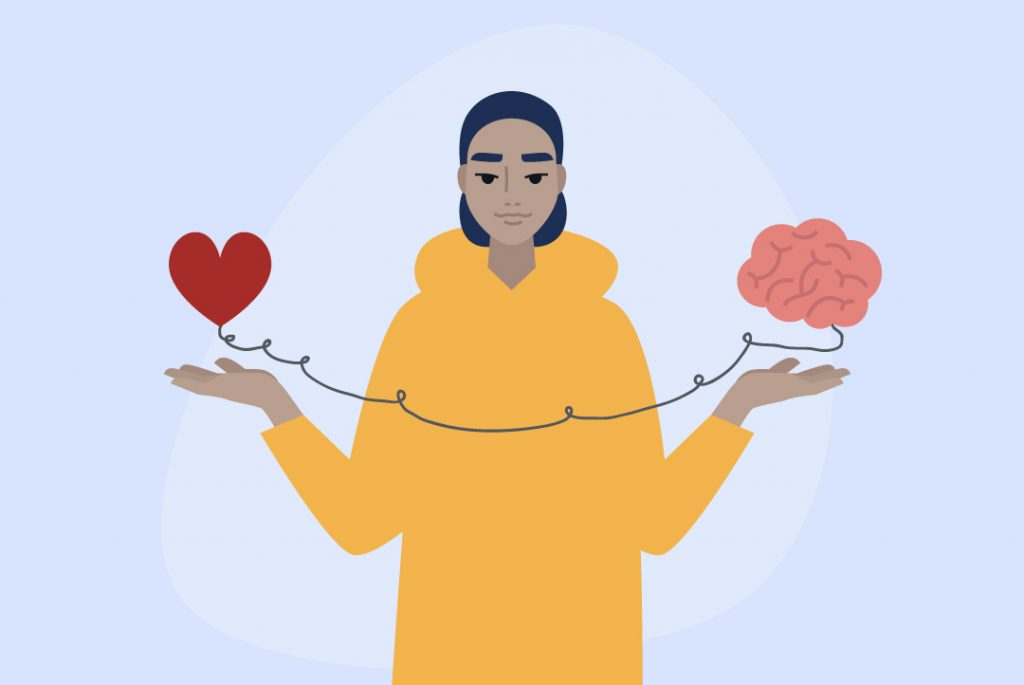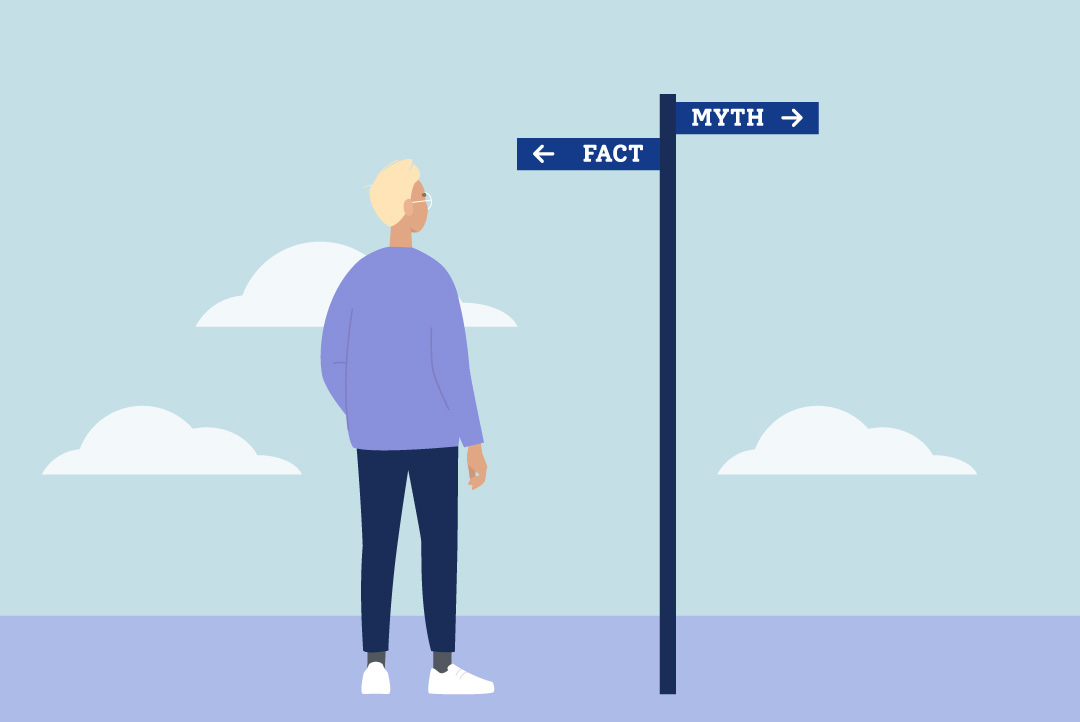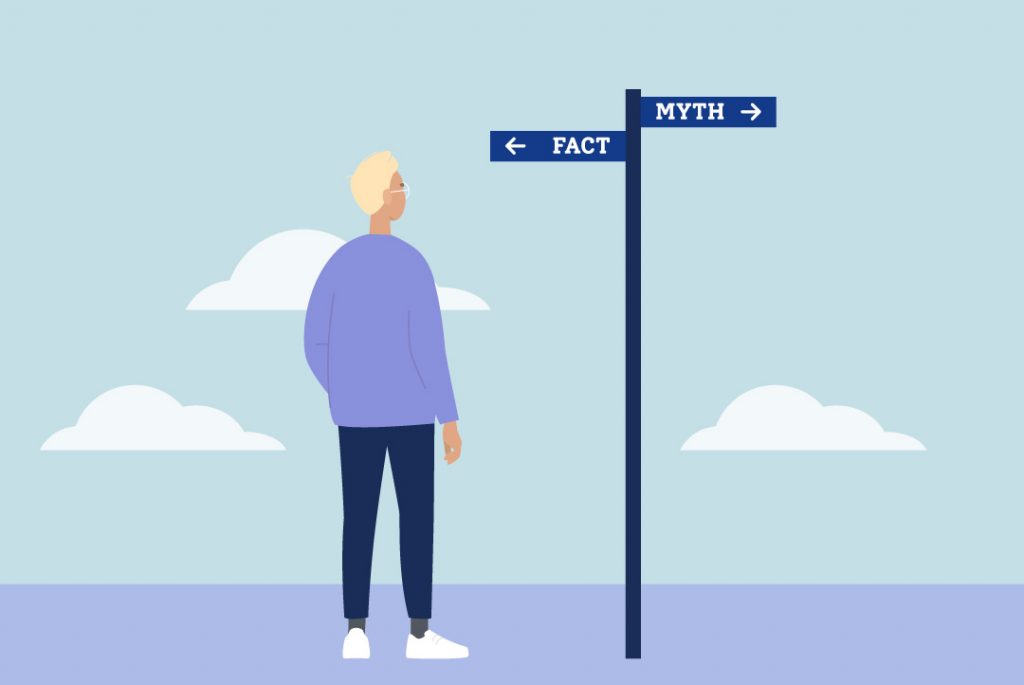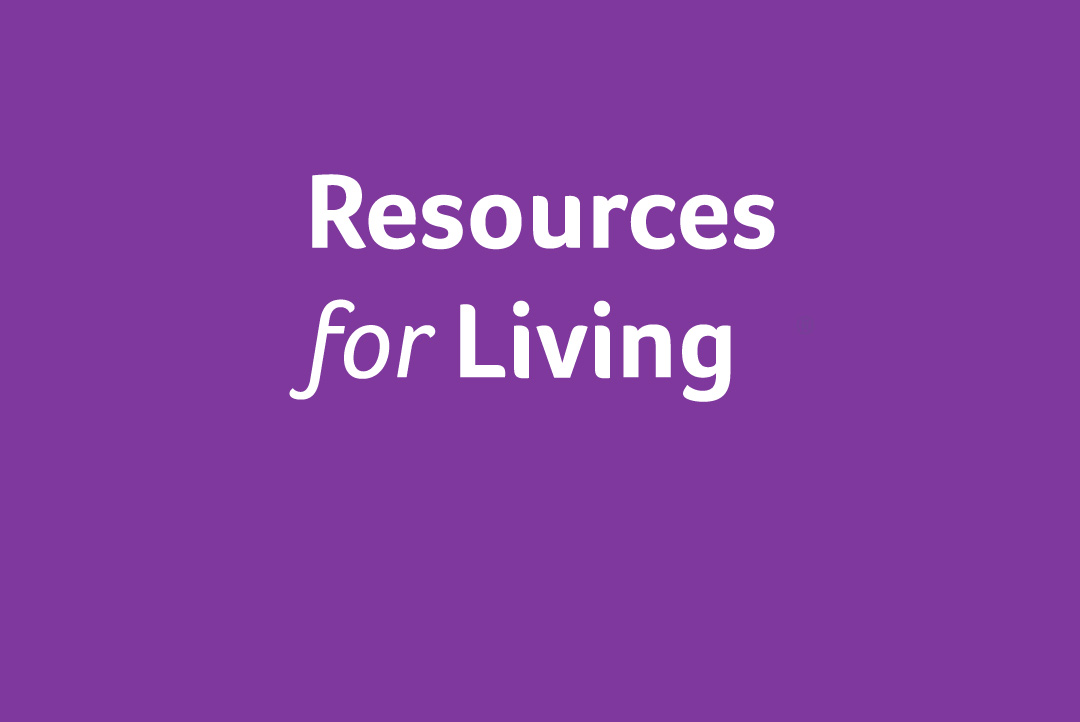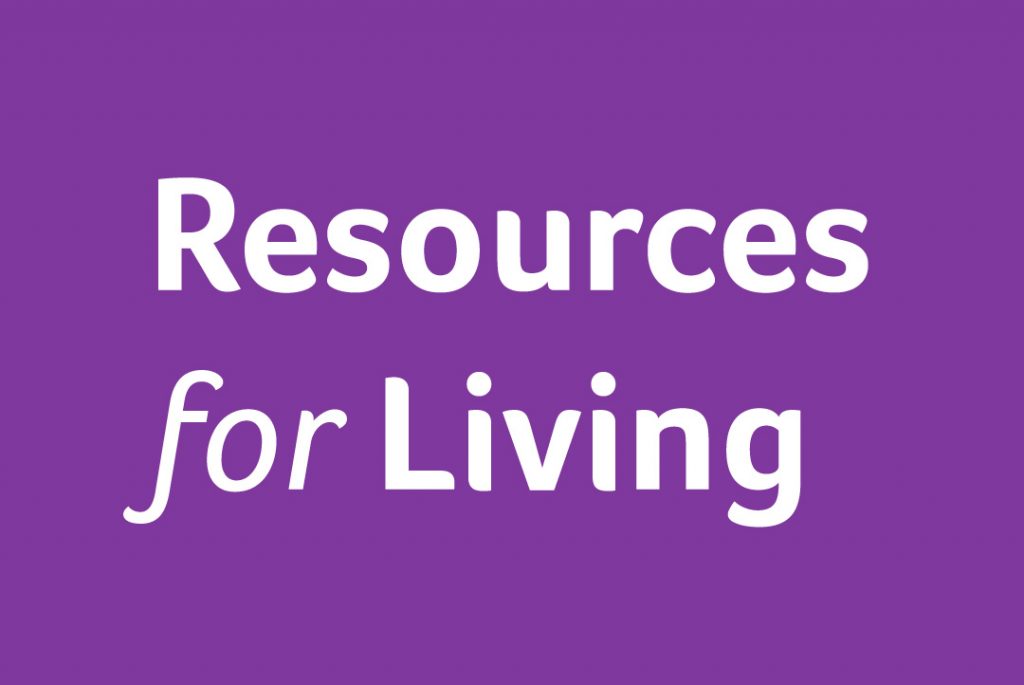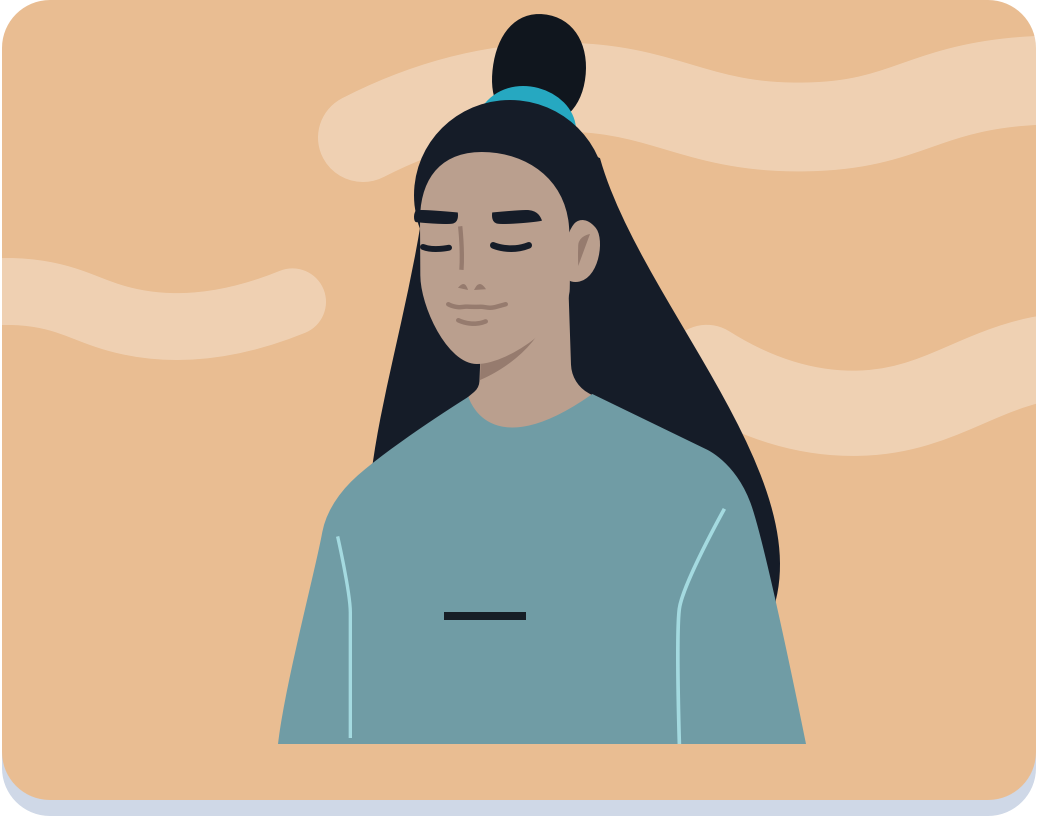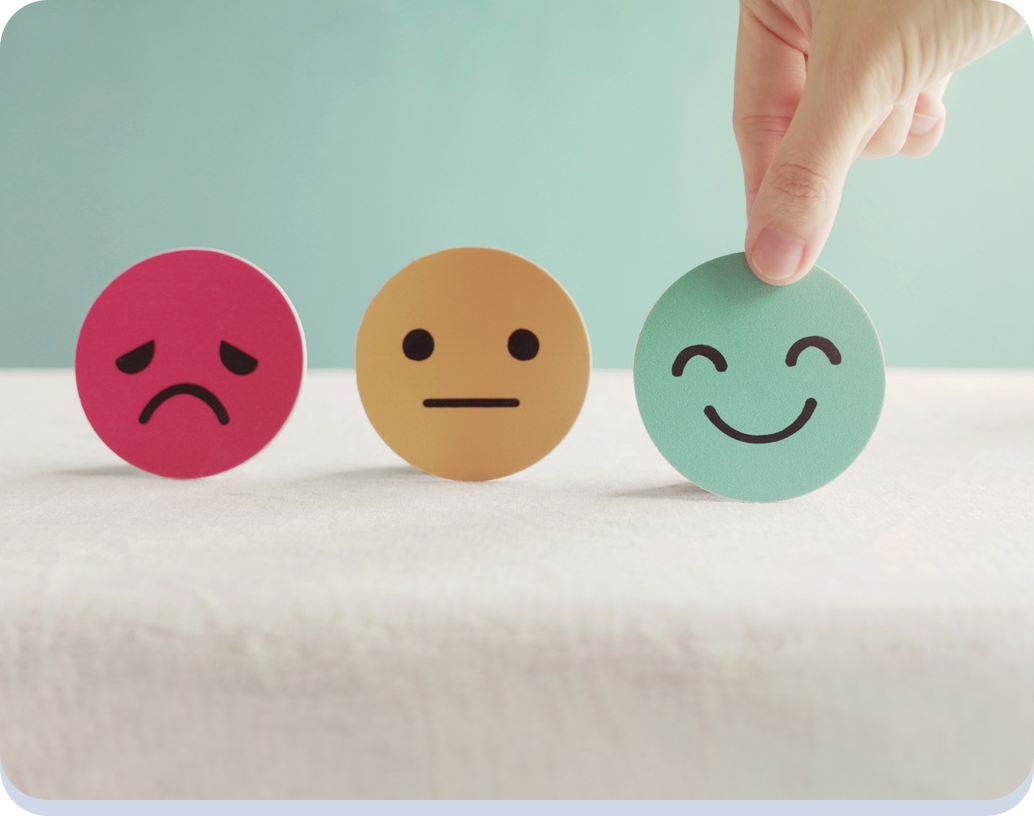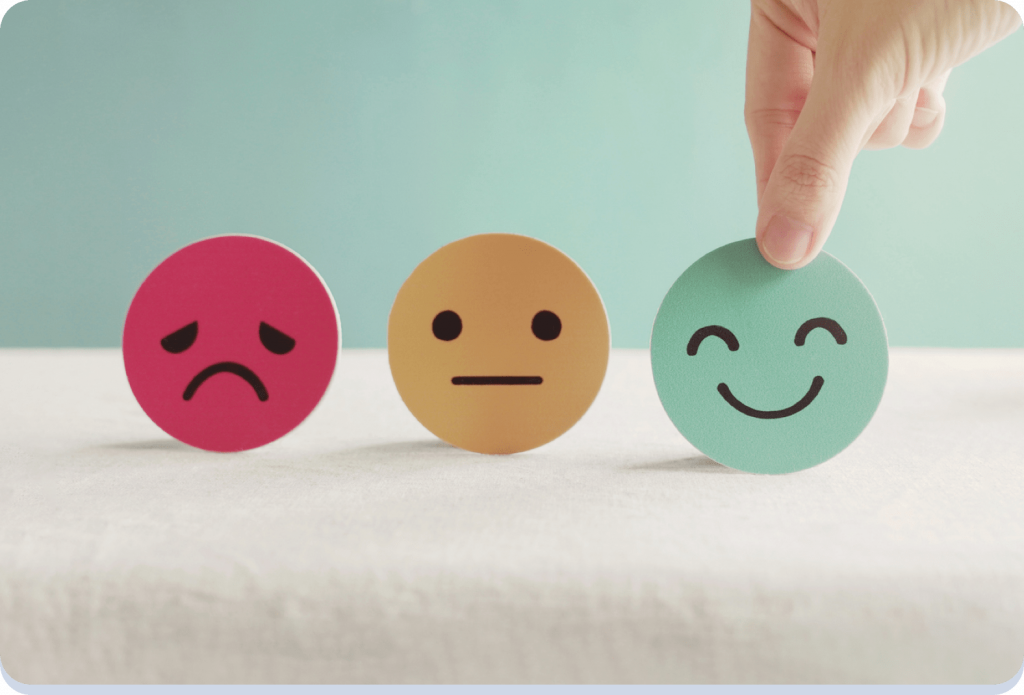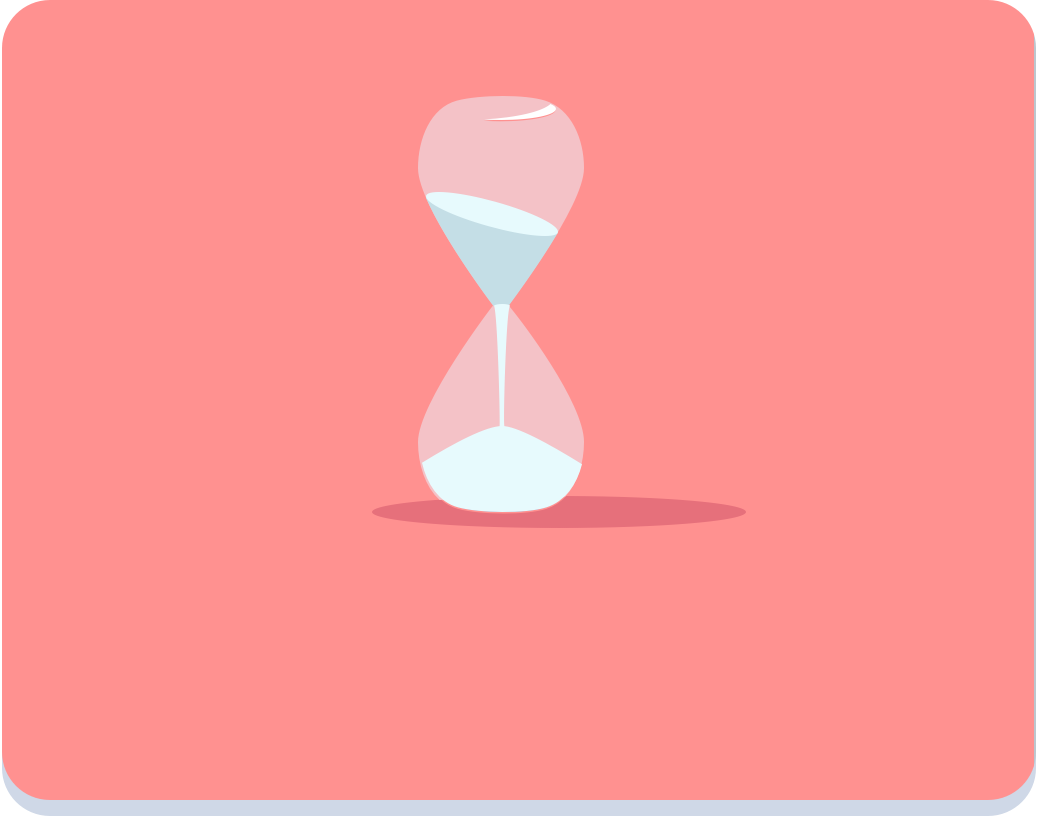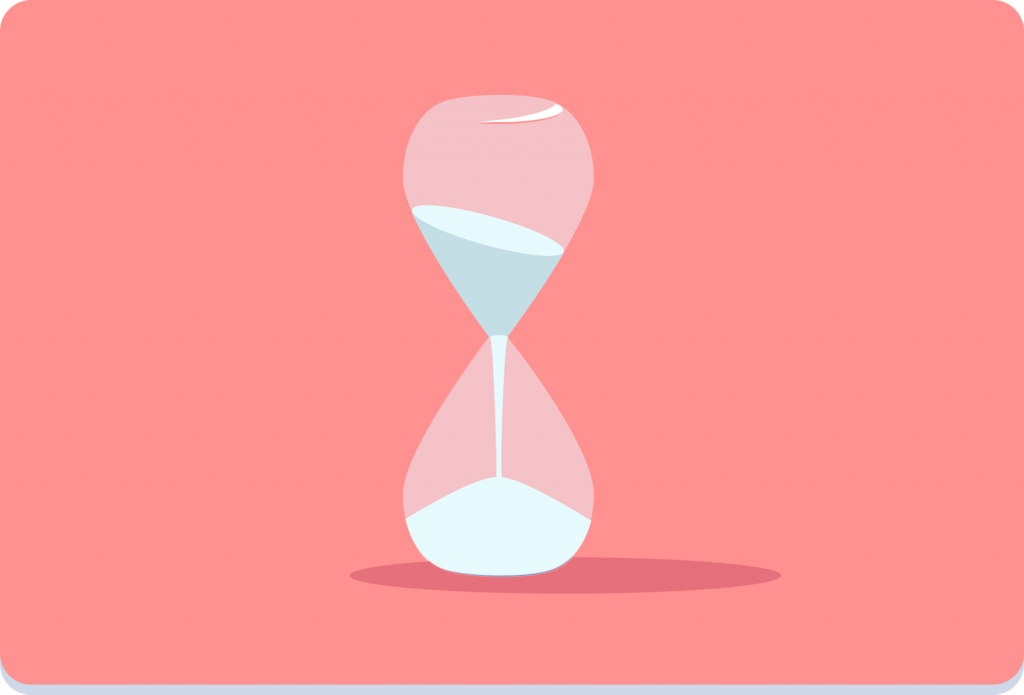TAKE ACTION
JULY 2022
7 tips for ending debt stress
Stress is uncomfortable. No wonder you want to resolve it as soon as possible. But when stress is caused by debt, it’s much harder to find a fast, easy solution. The stress can continue for years and can affect your health by raising your blood pressure and contributing to heart disease, obesity and diabetes. It can also lead to feelings of hopelessness, which can damage your self-confidence and quality of life.
Yet, if you’re willing to do the work, debt-stress relief is possible — even if your debt lingers.
Looking for more? Find other articles below
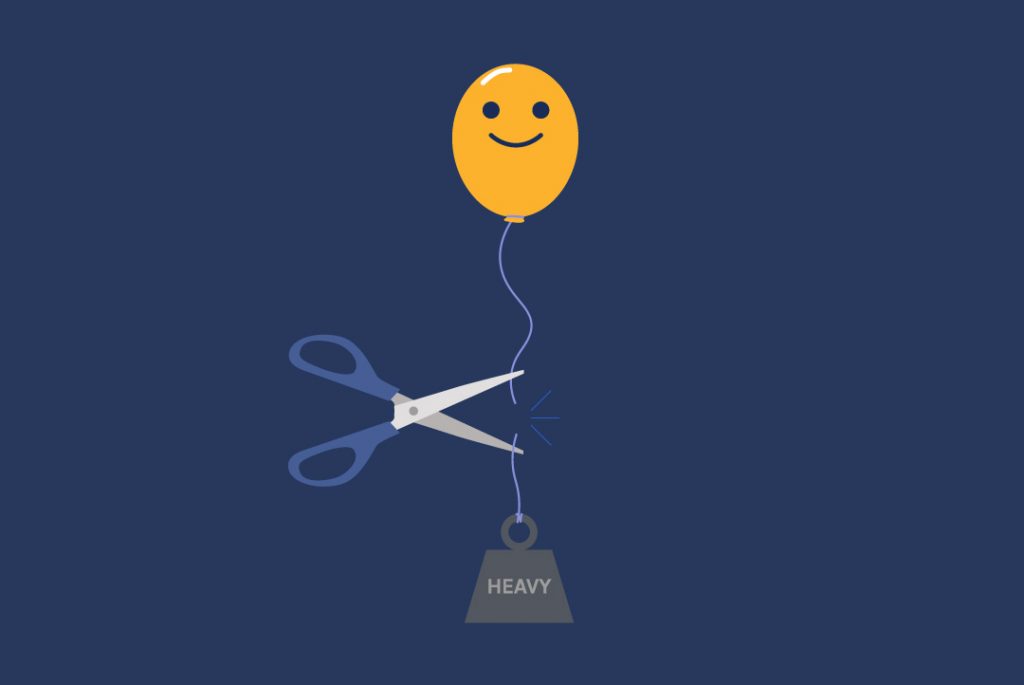
Here are seven tips to help you manage your stress, while you reduce your debt.
1. Ditch your denial.
Constant stress from debt can lead people into denial. This is because it feels better to ignore your financial problems than to open your monthly statements, track your spending and deal with the reality that your income doesn’t match your spending. And remember, confronting your situation is the first step to resolving it.
2. Face the shame.
Taking a good look at your day-to-day spending can tell you exactly how you got into debt in the first place. Facing the shame you feel about your debt can help you find your way forward to a healthier, more realistic approach to managing money — and that can actually lessen your stress.
3. Accept responsibility.
Accepting the blame for your debt is empowering and can ultimately lead to your success, because you can get to the root of your problem and deal with it. And remember, most people, including many wealthy people, have faced financial problems at one time or another. But you are dealing with it responsibly. That’s something to be proud of.
4. Get expert help.
Experts advise enlisting the help of a trusted financial advisor, perhaps from a financial services non-profit or a credit union. Through Resources For Living® (RFL®)* you have access to a free 30-minute legal consultation, financial advocacy or coaching, tax consultation and credit counseling. Or you can work with a financial planner or certified public accountant (CPA). Ask them to help you put together a budget and payment plan that will give you some much-needed encouragement that your situation can and will improve.
*Resources For Living is available to all employees and members of their household, including children up to age 26 living away from home.
5. Be proud of your progress.
You can help shake the stigma of debt by sharing your progress with loved ones. Not only does sharing help you feel supported in your debt-reduction efforts, but you may also inspire others to take on their own debt-repayment journey. Decreasing your sense of isolation can help reduce your debt stress and keep you on track.
6. Keep debt in perspective.
If there’s absolutely no way out of debt, you might consider meeting with a bankruptcy attorney. When you explore worst-case scenarios, sometimes you realize they really aren’t that bad. Long-term stress can damage your health. People file for bankruptcy all the time.
7. Remember money isn’t everything.
It’s important to stay grounded, grateful and optimistic. There are other sources of joy and meaning in life besides money. And as you make steady progress toward your goal of a zero balance, be sure to set aside some money to treat yourself for a job well done.
Source: NBC Better by Today. 7 tips to deal with debt stress.
If you or a member of your household is experiencing debt stress, the following resources can help. These resources are confidential and available to you at no extra cost.


